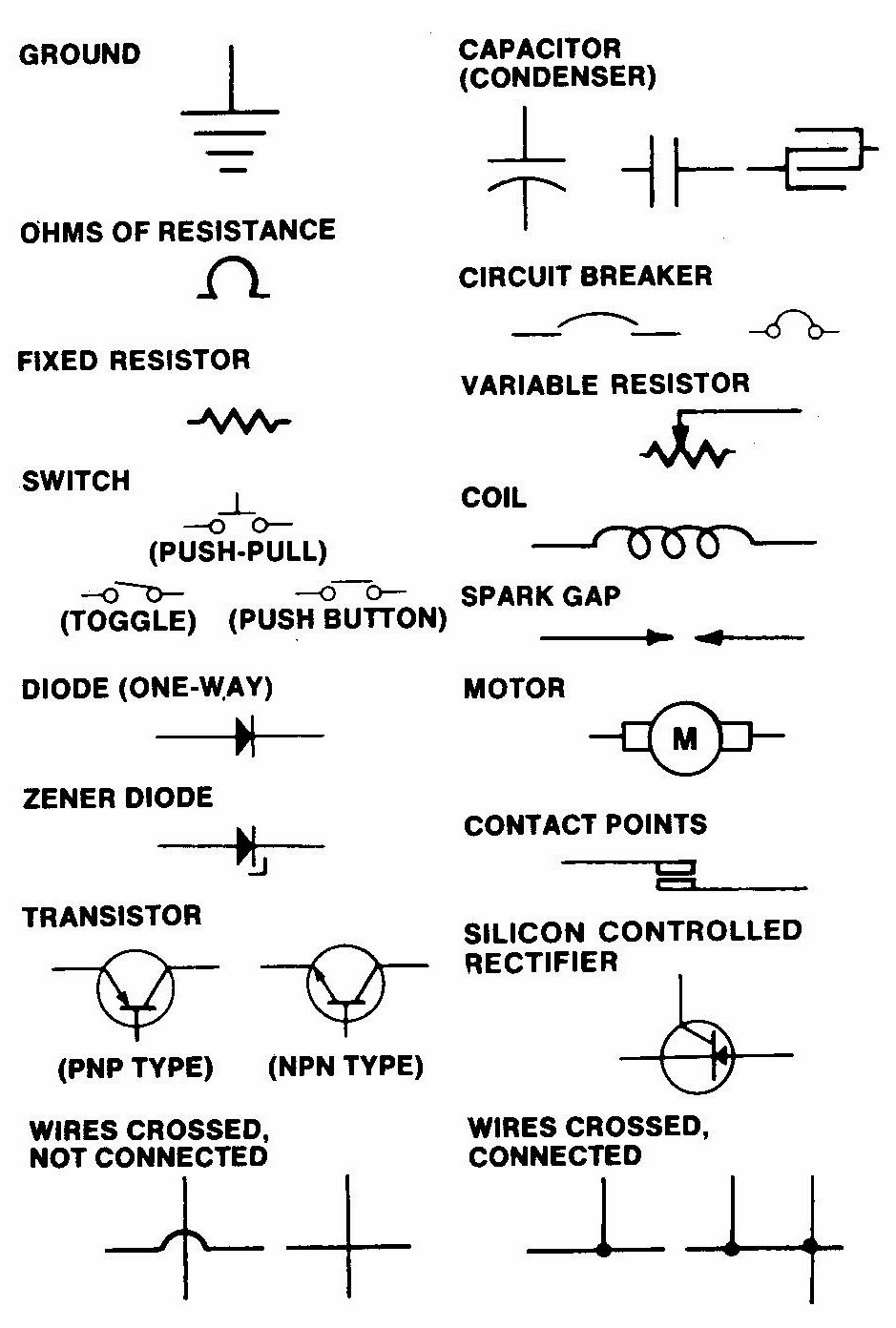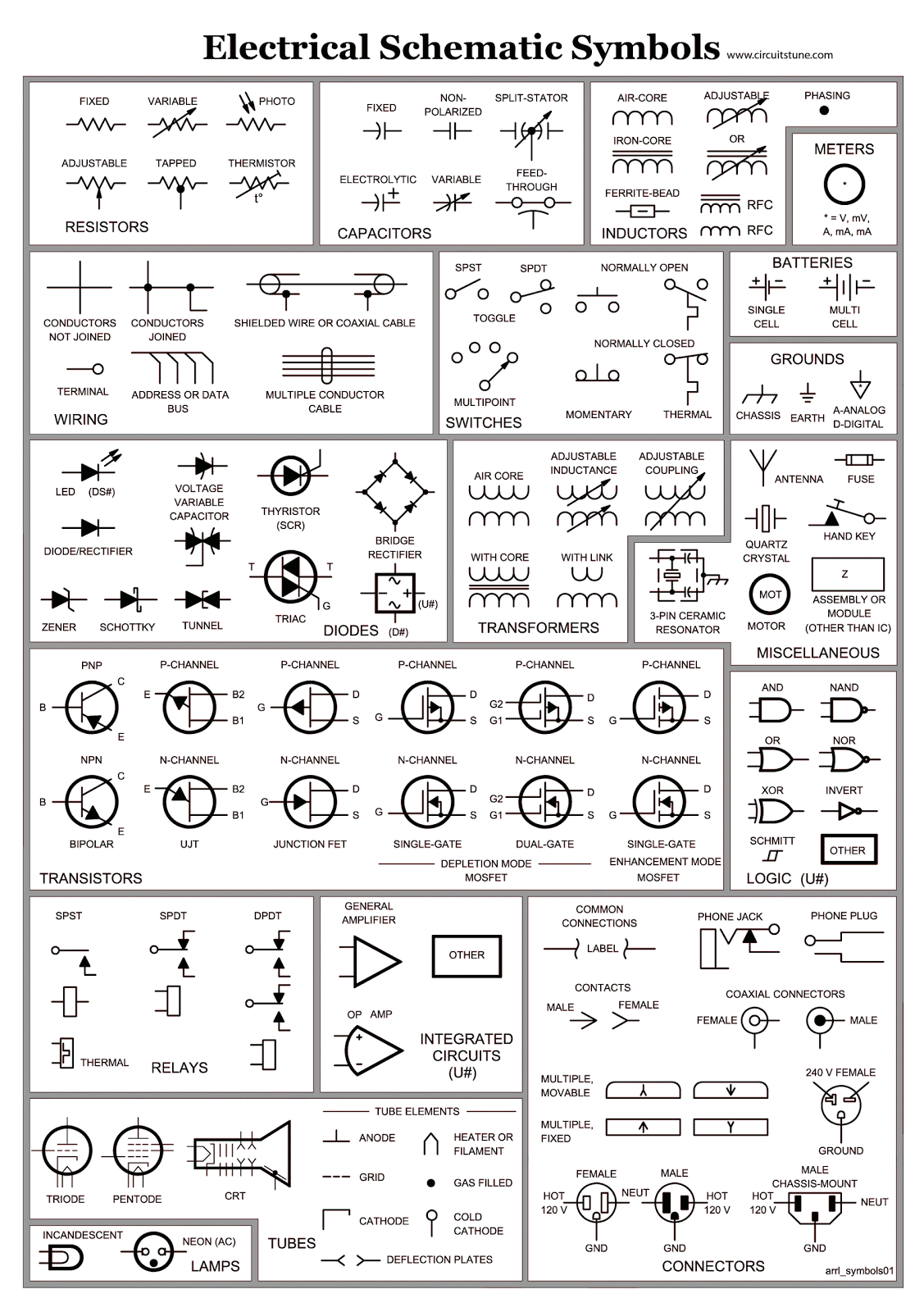Automotive Electrical Wiring Diagram Symbols are essential tools for understanding the complex wiring systems in vehicles. These symbols provide a universal language that allows automotive technicians to decipher the wiring diagrams and troubleshoot electrical issues efficiently.
Why Automotive Electrical Wiring Diagram Symbols are essential
- Help in understanding the wiring connections in a vehicle
- Aid in diagnosing electrical problems quickly
- Ensure proper installation of aftermarket accessories
- Facilitate communication between technicians and engineers
How to read and interpret Automotive Electrical Wiring Diagram Symbols effectively
When reading wiring diagrams, it’s important to familiarize yourself with the common symbols used. These symbols represent various components such as switches, connectors, wires, and more. Refer to the legend or key provided in the diagram to understand what each symbol signifies.
Guidance on interpreting symbols:
- Pay attention to the direction of current flow indicated by arrows
- Identify the different types of connections (parallel, series, etc.)
- Understand the color codes used for wires
- Take note of the symbols representing grounds and power sources
How Automotive Electrical Wiring Diagram Symbols are used for troubleshooting electrical problems
When faced with electrical issues in a vehicle, wiring diagrams can be invaluable tools for troubleshooting. By following the wiring diagram and understanding the symbols, technicians can pinpoint the source of the problem quickly and make the necessary repairs.
Steps for troubleshooting with wiring diagrams:
- Identify the component or circuit causing the issue
- Trace the wiring connections to locate any faults or breaks
- Use the symbols to understand how the electrical system is supposed to function
- Test components and connections to verify the diagnosis
It’s important to exercise caution when working with automotive electrical systems. Always follow safety procedures and best practices to avoid accidents or damage to the vehicle. Here are some safety tips to keep in mind:
- Disconnect the battery before working on any electrical components
- Use insulated tools to prevent shocks
- Avoid working on wet surfaces or in damp conditions
- Double-check your work before reassembling components
Automotive Electrical Wiring Diagram Symbols
Automotive Wiring Diagram Symbols Pdf

How To Read Car Wiring Diagram Symbols

Automotive Wiring Diagrams Basic Symbols

Typical Electrical Diagram Symbols For Cars

Automotive Wiring Schematic Symbols

Wiring Diagram Symbols Automotive Electrical
